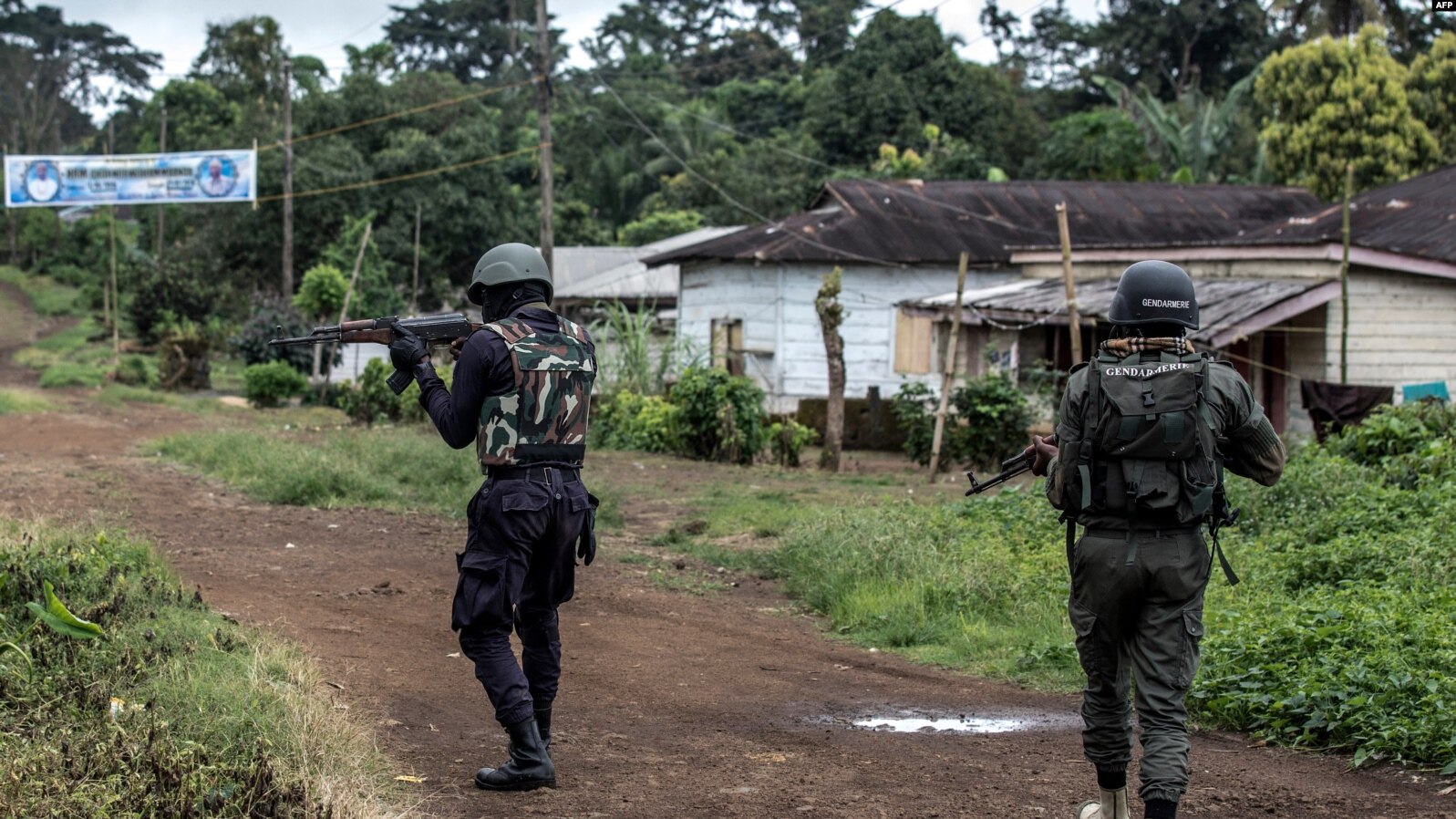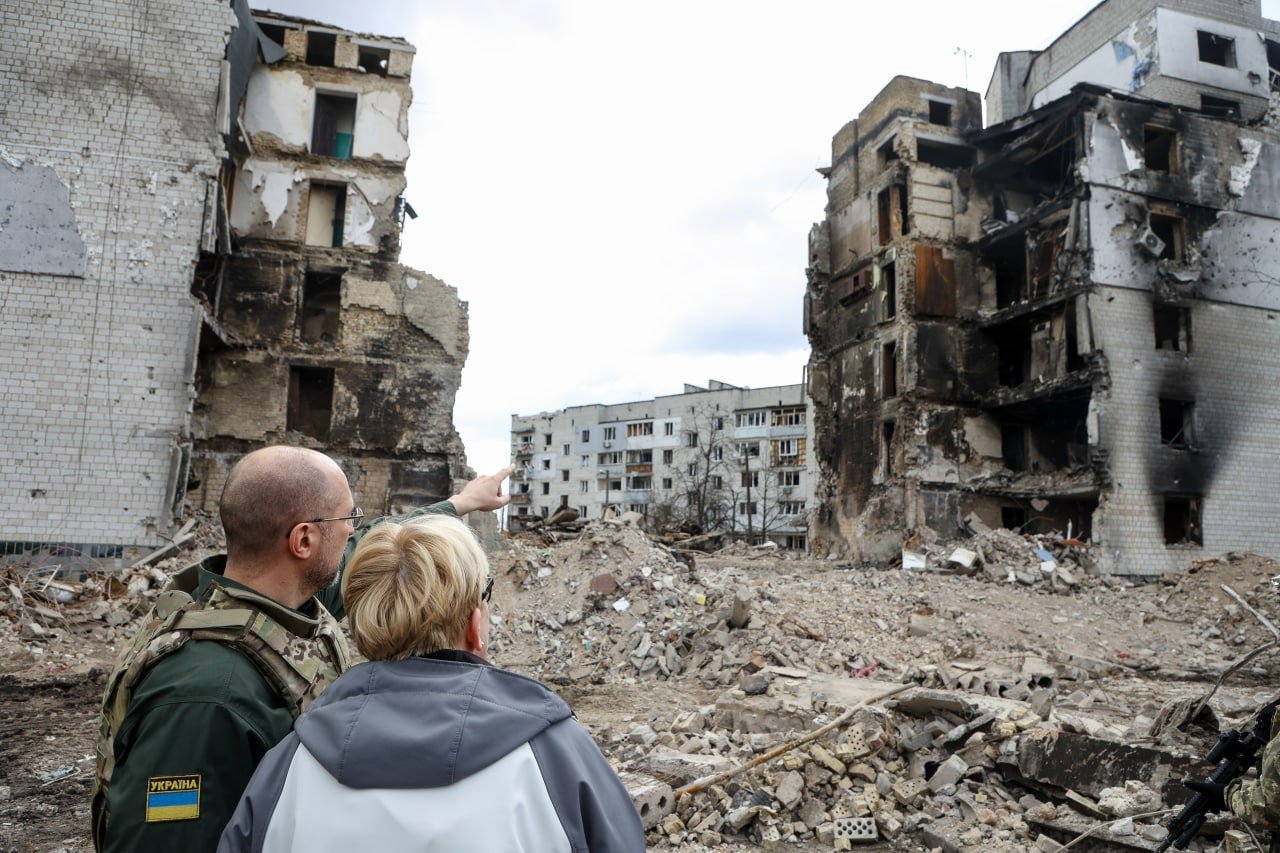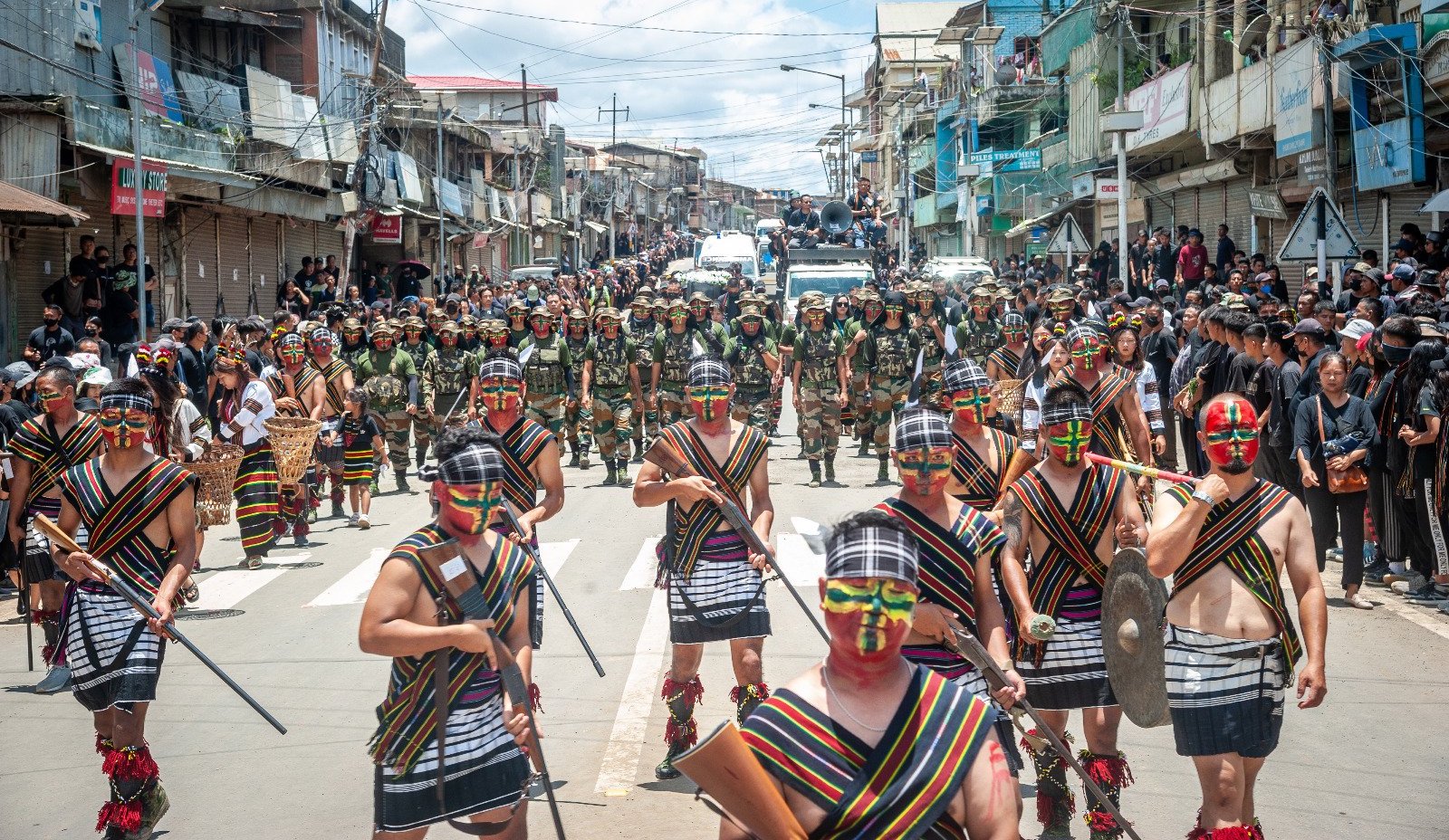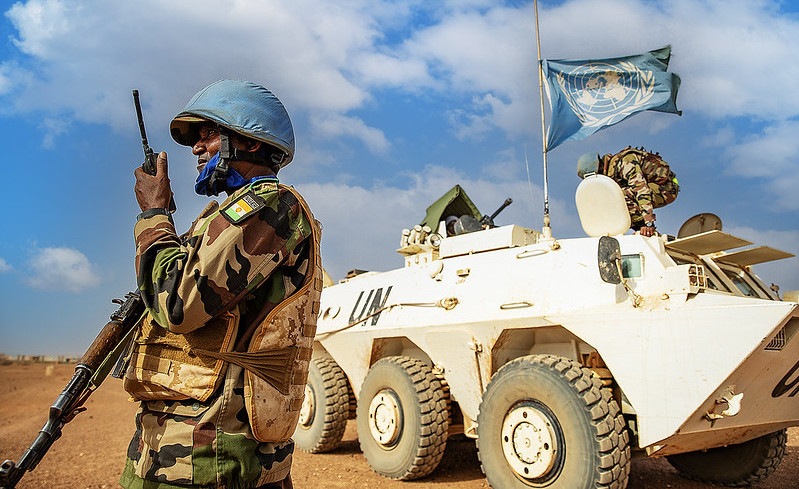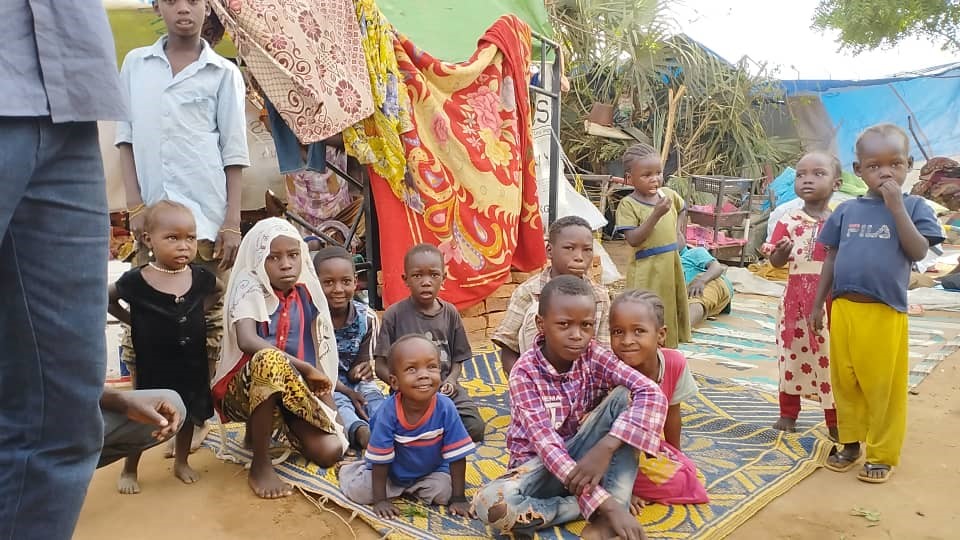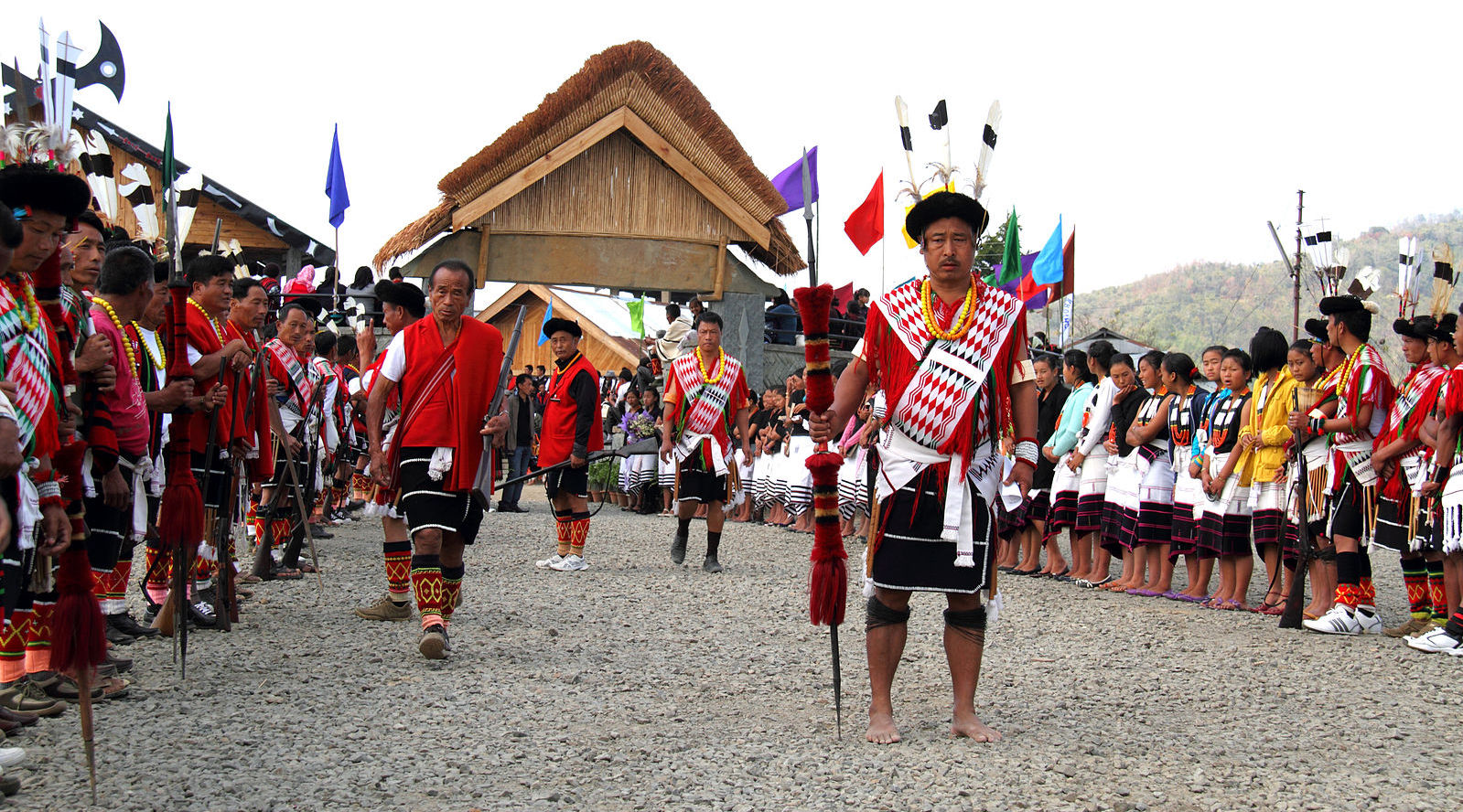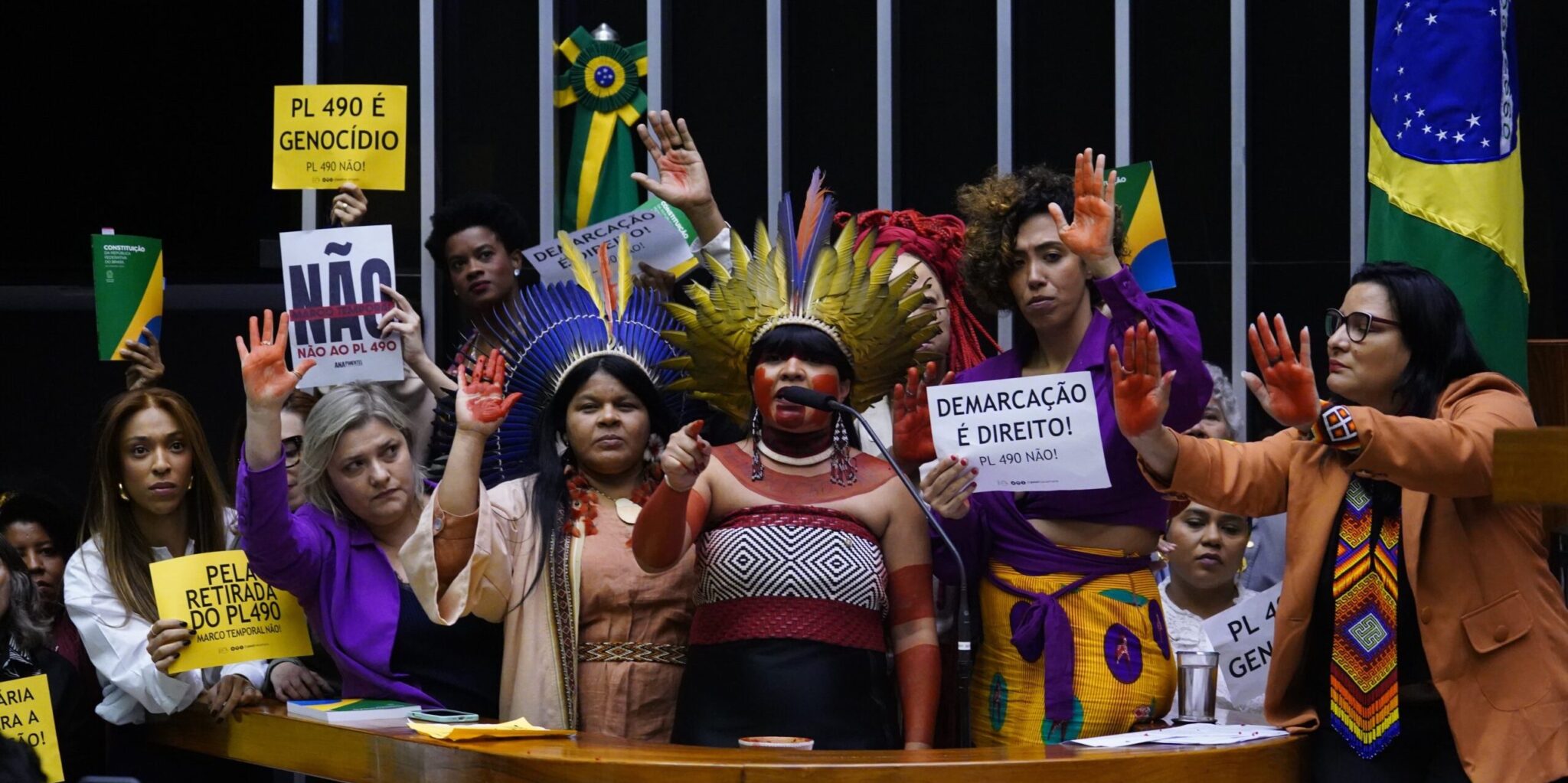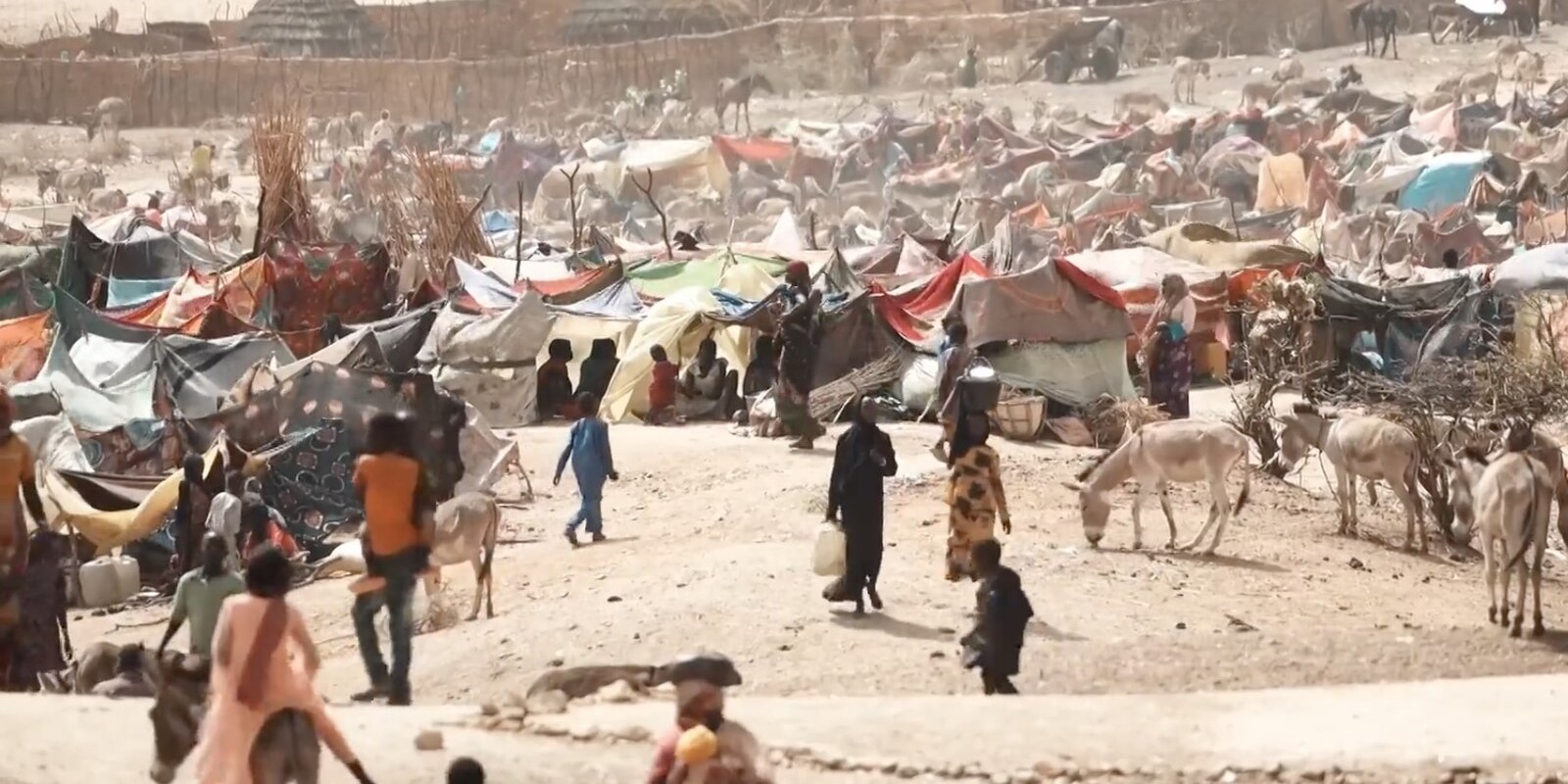
ICC opens investigation into Sudan conflict
International Criminal Court (ICC) prosecutor Karim Khan announced before the UN Security Council that the court has opened an investigation into atrocities committed by the Sudanese Armed Forces (SAF) and rival Rapid Security Forces (RSF), 90 days into the current conflict in Sudan. Khan said that investigators are following up on claims of attacks on civilians, the targeting of ethnic minorities, and sexual violence and violence against children. The fighting has been particularly fierce in Darfur region, where Khan referenced reports of “looting and extrajudicial killings, burnings of homes.” The bodies of at least 87, mainly ethnic Masalit believed to have been killed by the RSF and their allied Arab militia in West Darfur, were buried in a mass grave outside the state capital El-Geneina, according to information obtained by the UN Human Rights Office. (Photo: Henry Wilkins/VOA via Jurist)



